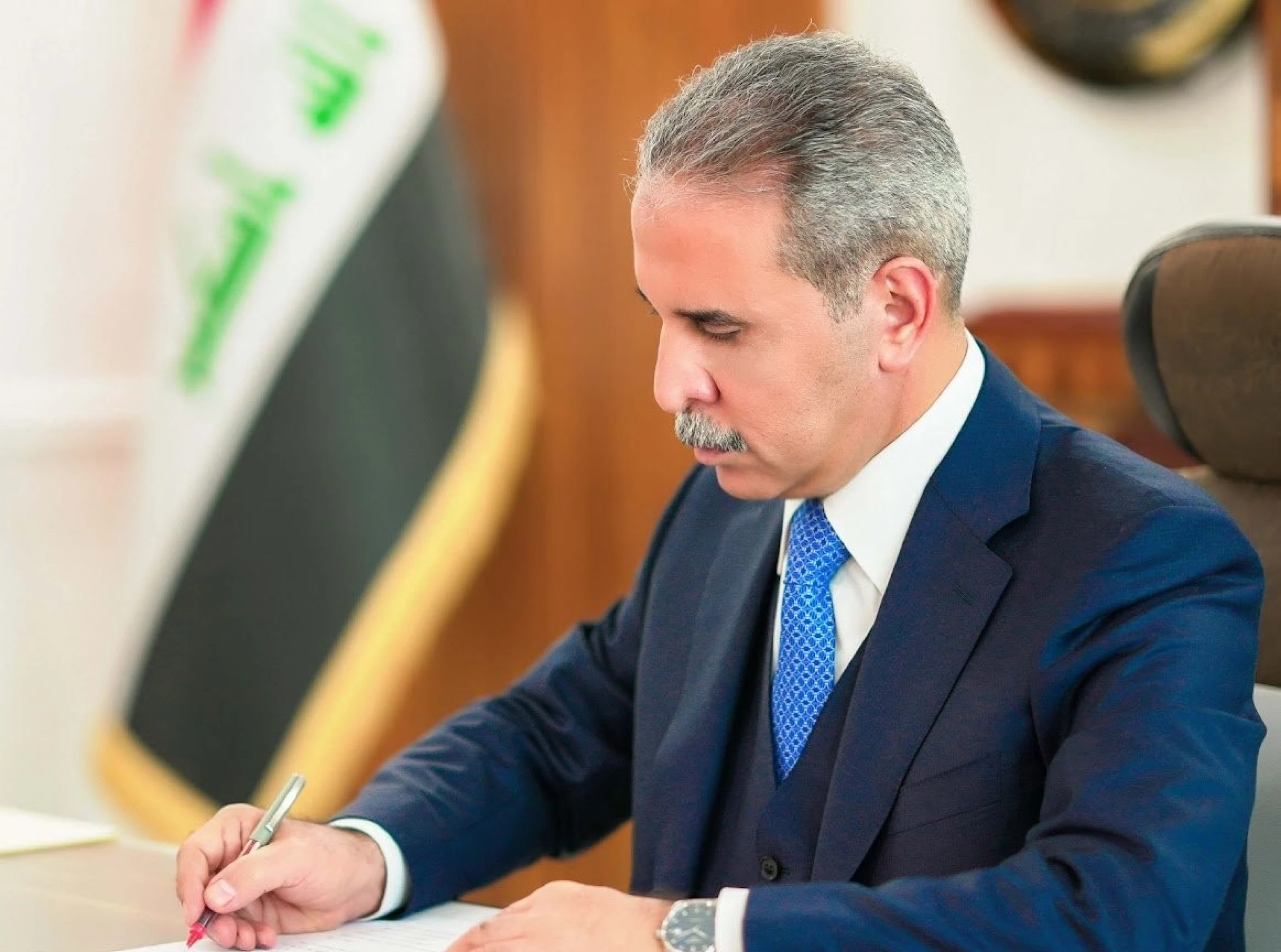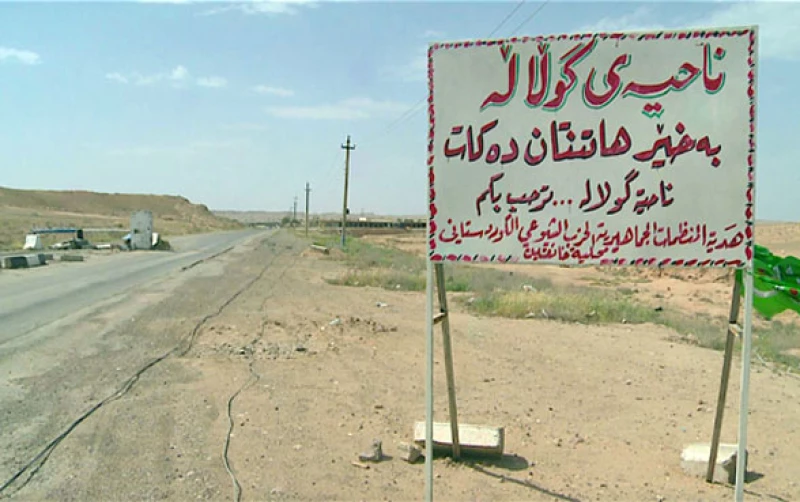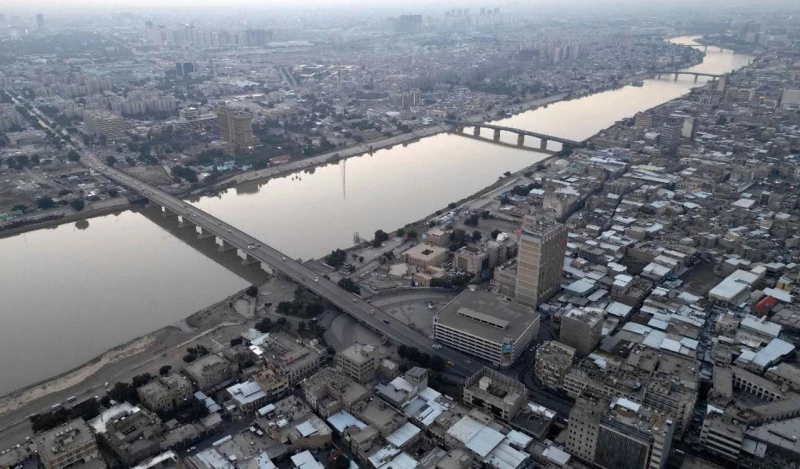ERBIL, Kurdistan Region of Iraq – Iraq’s top judge has called for a “balanced constitutional reform,” saying the 2005 document was drafted in “exceptional times” and requires review in a manner that does not affect the country’s democratic process.
In a statement by the Supreme Judicial Council on Monday, chief judge Faiq Zidan was quoted as saying that the Iraqi Constitution, drafted in “exceptional times,” has revealed gaps that warrant review and interpretation, arguing the need for a “balanced constitutional reform that does not affect the essence of the democratic system.”
The statement came a day before Iraq heads to the polls to vote in the federal parliamentary elections.
According to the judiciary’s analysis, Zidan reiterated the need “to respect the constitutional periods in the formation of the government after the elections,” stressing the need to adhere to the constitution when electing the country’s next president - which requires a two-thirds majority.
The Iraqi constitution has given rise to myriad disagreements owing to differing interpretations of its articles between the Kurdistan Regional Government (KRG) and the Iraqi government, as well as a complacency by federal authorities to actively implement certain articles, such as Article 140, that relates to resolving the question of territories disputed between Erbil and Baghdad.
The constitution also formed the basis of a long-standing budgetary dispute between Erbil and Baghdad, owing to independent interpretations of its provisions between the two sides. The discrepancy led to the Kurdistan Region striving for more control over its own resources and selling oil independently of Baghdad in 2014, resulting in a budget cut and sanctions on Erbil by Baghdad in the years that followed.
The conflict was later resolved in September 2025 after the KRG, in a move to ensure the livelihood of its population, compromised to sell its oil through Iraq’s State Organization for Marketing of Oil (SOMO). Baghdad’s measures, however, led to the Kurdistan Region’s civil servant salaries going without payment for months at a time.



 Facebook
Facebook
 LinkedIn
LinkedIn
 Telegram
Telegram
 X
X


